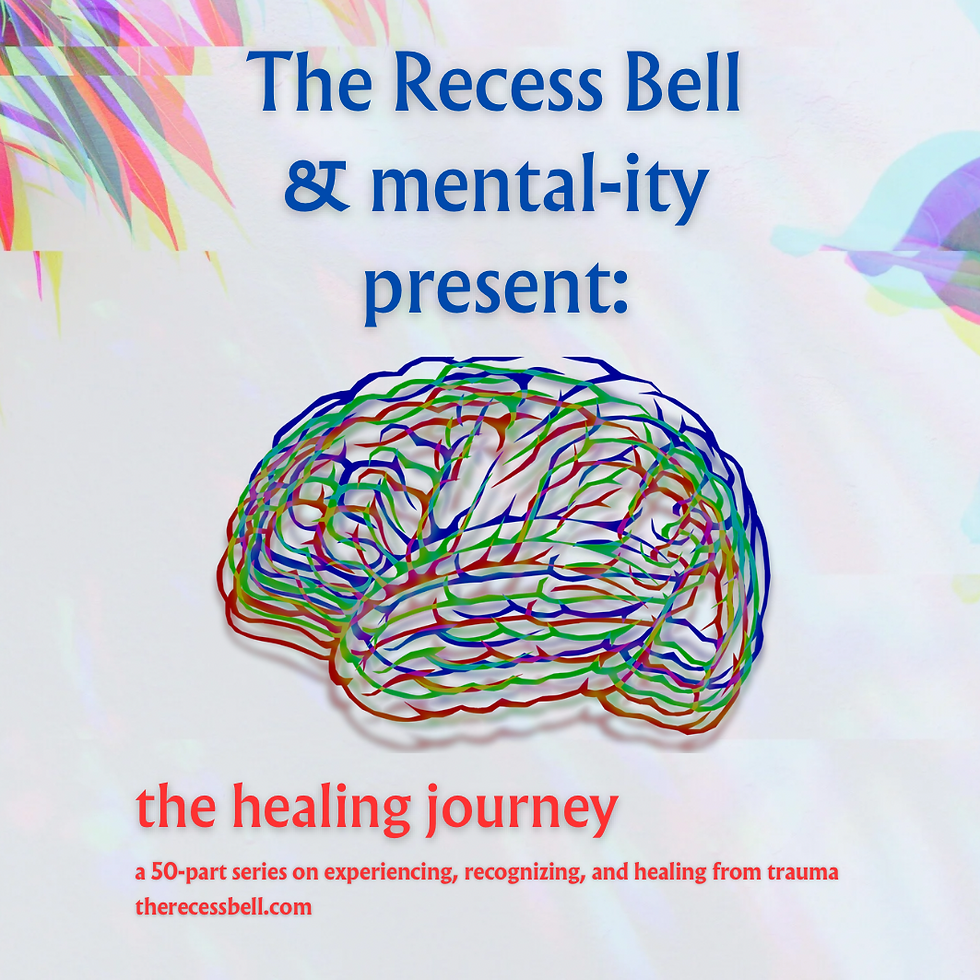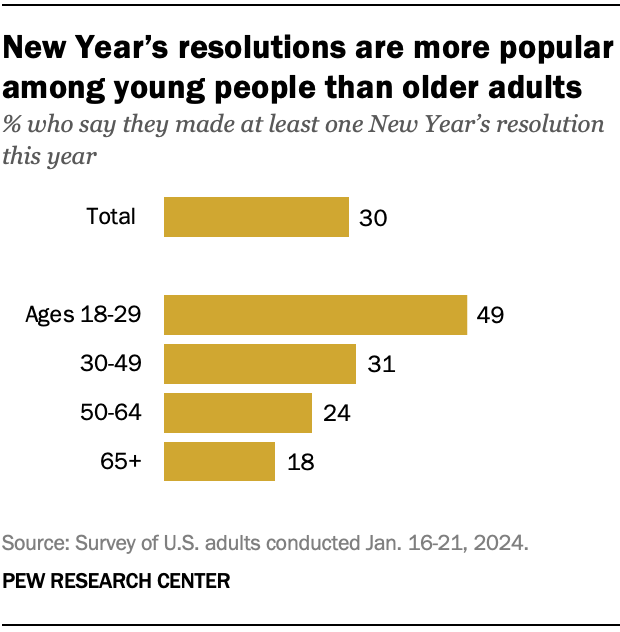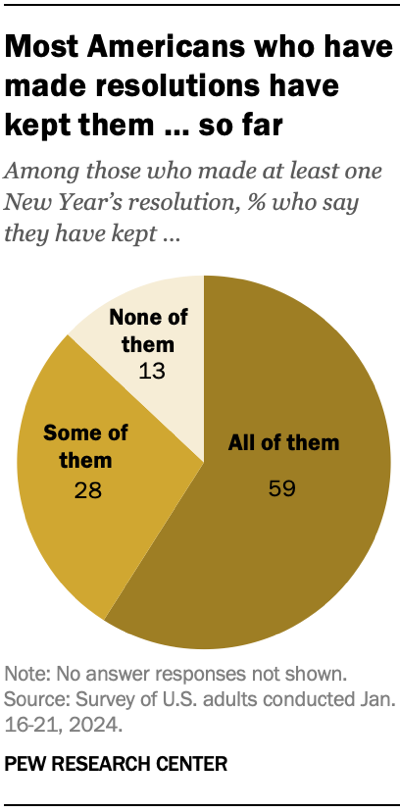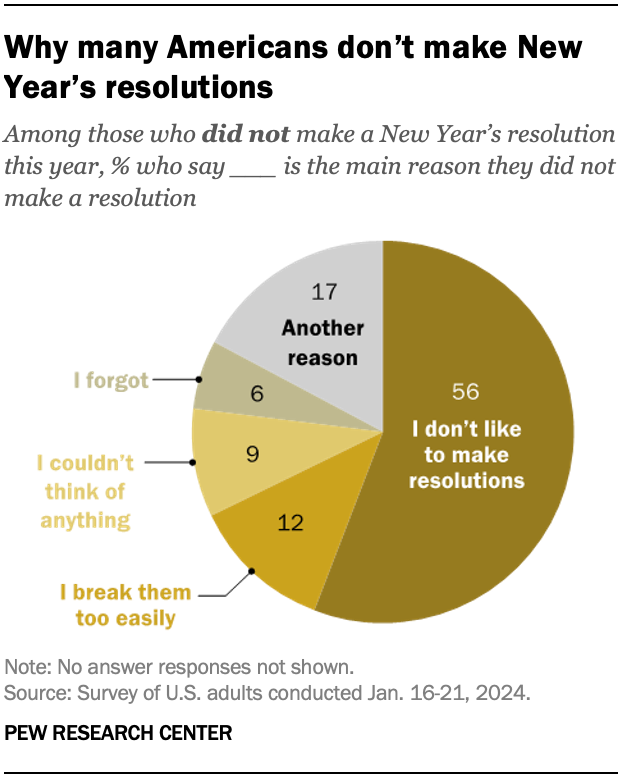The Healing Journey, Pt. 6: Resolute
- Joshua U.

- Jan 3
- 5 min read
New Year's Eve is perennially a time for self-reflection.
"How was my year?"
"I wish I would've done better in that situation."
"Next year, I'm moving differently. Thinking differently."
New Year's Eve is also a time for drinking. A lot of drinking. That's a topic for another Healing Journey journal post, though, so I digress.

New Year's Eve in NYC: well-established as a slovenly annual American tradition like no other.
This period of intense and thorough self-reflection can often lead to some bold internal promises. Declarations of change, if you will. Resolutions.
New Year's resolutions are simple in idea, but complex in execution. Reason being because it's easy for us to point out unhealthy practices and habits in our everyday lives.
Smoking, drinking in excess, eating in excess, etc. Those are all obvious vices that have a negative long-term effect on health.
Perhaps you've identified some flaws in your personality, mindset, and/or overall behavior towards other people and wish to be a better person heading into the new year.
Again: simple in idea. But I'm sure it didn't quite start out that way in terms of the history of the practice of New Year's resolutions.
Per history.com's Sarah Pruitt [1], New Year's resolutions began as a religious practice -- starting with the Babylonians some 4,000 years ago -- then with the Romans and then with the early Christians.

The ancient Babylonians birthed the first form of New Year's resolutions -- a religious practice to attempt to placate their gods.
As far as where the progression of New Year's resolutions have us in society in present-day, Pruitt writes:
"Despite the tradition’s religious roots, New Year’s resolutions today are a mostly secular practice. Instead of making promises to the gods, most people make resolutions only to themselves, and focus purely on self-improvement (which may explain why such resolutions seem so hard to follow through on)."
That final line from Pruitt is this piece's point of focus. Resolutions are found by the Western world to be very difficult to follow through on, as evidenced by the work done by Pew Research Center [2] last January.
Among PRC's survey results: New Year's resolutions are most popular with young adults, 59% of Americans kept all their resolutions midway through the first month of 2024, and of the 44% of Americans that did not make a New Year's resolution in 2024, 12% said the reason being was that they typically break them too easily.
I think it's safe to say that the vast majority of people long for self-improvement. To do better & to be better. The idea is common, but to actually change is hard.
That's because real, unadulterated change requires more than just the will to do better. It requires a change within your soul. I know I'm getting deep here, but hear me out.
After one's suffered trauma, it can take some time for one to figure out their "why."
"Who am I supposed to be?"
"What's my purpose in life?"
"Am I really meant to succeed? To be happy?"
And that's just in the sense of navigating life in general.
Remember what I said about the average person's longing for self-improvement?
After you've endured trauma, if you're not stuck in a vicious-yet-understandable cycle of self-loathing and rumination -- you more than likely don't just have the aforementioned yearning for self-improvement -- you probably have a more intensified version of that.
Which is a good thing! If you find yourself in a state of wanting to be better & do better, you're already over the hill in terms of your healing journey.
But -- once again -- executing that plan is difficult.
Key word being: plan.
If you want to actually follow through on your resolutions this year -- whether that's simply remembering to brush your teeth off the wake-up every morning or getting hired as an associate in a Fortune 500 company -- you need a gameplan.
Not a complex one. Nor a perfect one. A simple one.
You know which resolutions are the most commonly successful ones? The realistic ones.
What do you think is the most common resolution made on a year-to-year basis?
If your thought to yourself was "going to the gym", here's your gold star.
I actually kind of feel for regular gym-goers in January. Their regular workout routines just get absolutely railroaded by the aggressive tidal wave of new signees that will now crowd their machines, weights, and personal space.

Last year's 'NYE Times Square' brought to you by Planet Fitness. I can't lie: marketing can really be a layup sometimes.
I don't say that to shame anyone that's made the decision to dedicate themselves to fitness and physical wellness. This is just the way things are. Just being real.
Also realistically speaking: After the entirety of January and halfway through February, how many of those hyper-motivated new gym signees are still sticking around at that point? Typically, not many of them.
Why is that? Most of those newbies weren't being reasonable about how feasible it would be to fully commit to the gym and fit that commitment into their current lifestyles -- whether that be because of their work schedules or inconsistent levels of motivation and/or self-belief.
There's this saying that I personally parrot a lot: "Self-awareness is a superpower."
So much of not just resolution making, but healing as well, is about knowing yourself & your habits thoroughly -- good and bad.
Our habits, our tendencies -- the things we routinely do behind closed doors -- they will always eventually show themselves in our actions, whether intentional or not.
If I commit to going to the gym once every day or every other day while knowing full well that I have issues staying consistent with simple, smaller things already, guess what I'm then doing? Playing myself.
So as a result, it's highly recommended to start small when making resolutions. Less of the bold, irrational promises to yourself. More of the incremental & gradual tweaks and shifts.

A wise man named Aesop once said: "slow and steady wins the race."
It's interesting: the principles preached to help people heal from past traumas are a lot of the same principles preached to help people stay better committed to their New Year's resolutions.
Start small. Be steady. Be disciplined. Set boundaries into place. Expect that setbacks will come from time-to-time.
At the end of the day, self-improvement is self-improvement. No matter the reasoning or cause for it.
Alright, you knew it was coming: my need to define everything is rearing its head again.
resolution (n)
a firm definition to do or not do something
the quality of being determined or resolute
resolute (adj) admirably purposeful, determined, and unwavering
Purposeful, determined, unwavering: three qualities that one must have to enjoy long-term self-improvement.
You have to be purposeful in crafting your resolutions, having conviction within yourself that they'll make a profound & lasting impact in your life.
You have to have a determined mindset to embrace the challenges that your resolutions may bring, while being fully cognizant of the fact that making meaningful, positive changes to your life will prove to be difficult & strenuous (hence why very few are able to bring their New Year's resolutions to their personal finish lines.)
And, you have to be unwavering once you're in the midst of your resolutions.
As I stated before, setbacks will arise at various points during your journey. Stressors will come along that may discourage you on occasion.
But the unwavering belief that the resolution will lead to a better version of yourself over time? That might just be enough to keep you on track throughout the New Year. Best of luck!

[1] Pruitt, Sarah. “The History of New Year’s Resolutions.” History.Com, A&E Television Networks, 30 Dec. 2015, www.history.com/news/the-history-of-new-years-resolutions.
[2] Gracia, Shanay. “New Year’s Resolutions: Who Makes Them and Why.” Pew Research Center, Pew Research Center, 29 Jan. 2024, www.pewresearch.org/short-reads/2024/01/29/new-years-resolutions-who-makes-them-and-why/#:~:text=Young%20adults%20are%20most%20likely,or%20ethnicity%2C%20gender%20or%20partisanship.




Comments